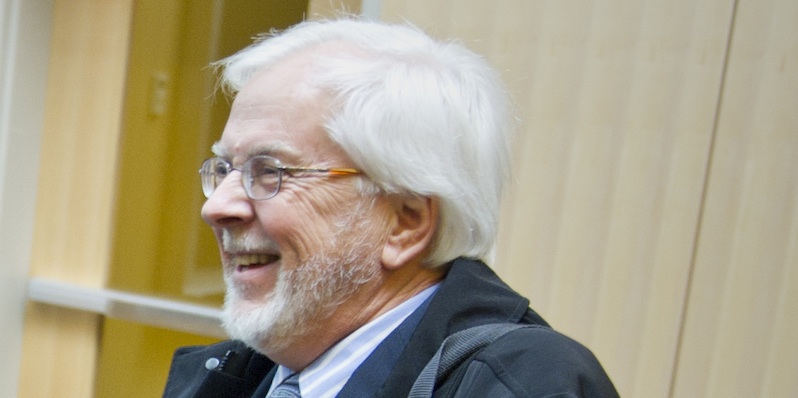3Qs: Big playoffs don’t mean big payoffs

Two of Boston’s professional sports teams — the Celtics and the Bruins — have reached the second round of their league playoffs for the third consecutive season. We asked John Kwoka, Neal F. Finnegan distinguished professor of economics, if winning teams produce windfalls for sports-crazed cities.
How much of an economic impact can a deep playoff run make on a local economy?
There is no doubt that playoff runs by local teams produce a “feel-good moment.” I know, because I am a sports fan. But study after study has shown that postseason play in professional sports has a negligible impact on local economies. Boston has a gross economic product of more than $300 billion per year — a billion dollars per day. Against that, some added sales of tickets, TV advertising and beer simply do not amount to much.
How does a city measure its economic success as a result of its local sports teams?
Sports teams talk up the benefits in terms of spectator attendance and spending, but these are private benefits captured by private businesses. Cities benefit from their sports teams only in terms of people who are drawn to the city or who make expenditures they otherwise would not have.
Lots of economists have looked at these “public” benefits and nearly unanimously concluded that they fall far short of what proponents claim. That does not mean we do not value our sports teams. It’s just that we need to be careful about providing public subsidies to them.
Which sectors — the restaurant, hotel or transportation industry, for example — enjoy spikes in business during a prolonged playoff surge?
Sports franchises and teams that are successful do what I call “shift and concentrate” local business. Restaurants, bars, hotels, airlines and taxis all benefit, but — to the extent that playoff runs just divert people from other activities such as watching movies on Netflix or getting actual work done — it’s not likely that there is a net overall economic gain.




